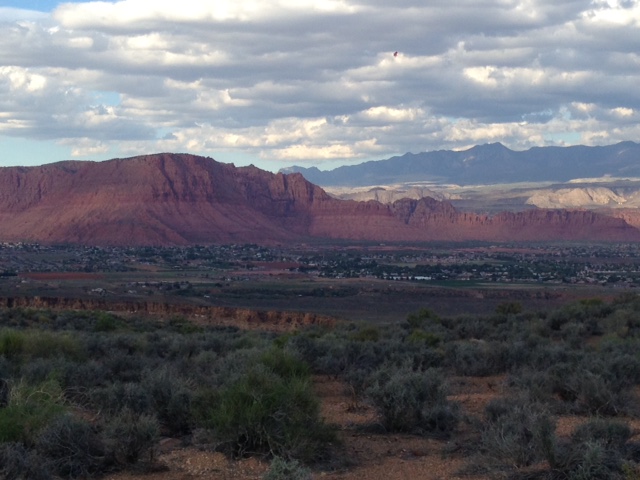By Makenzie Wistisen
Capital West News
SALT LAKE CITY – A Utah lawmaker is sponsoring a bill that could potentially change the way wildfires are being responded to statewide.
Sen. Evan Vickers, R-Cedar City, bill will modify the responsibilities of the Division of Forestry, Fire and State Lands, one of the many stepping stones on the road to a new statewide catastrophic wildfire reduction strategy. While the bill allows the Division direct use of funds to promote wildfire prevention, mitigation, and preparedness, the primary goal of the bill is to reduce the taxpayer burden.
“The bill is motivated by two things,”said Brian Cottam, Director of the Utah Division of Forestry, Fire and State Lands, “first and foremost, how do we drop the cost to taxpayers in Utah in case of wildland fire? The other thing that it does is it elevates the focus on really good pre-suppression work.” P

re-suppression, or preventing wildfires from starting, can be done by implementing small, incremental changes to Division policy over time, said Cottam.
In order to meet the standards set forth in SB56, a collaborative agreement between municipalities and counties is needed, said Cottam. “We think we can do better, we know we can do better in Utah, and start to pay a little more attention to what can be done on the front end so the fires don’t even start, or if they start, how we can mitigate in our communities to reduce that risk and reduce the cost.”
Kathleen Clark, Director of the Utah Public Land Policy Office, and Sterling Brown of the Utah Farm Bureau, each expressed their enthusiasm for the bill. “The ability for local folks to quickly jump on a fire and respond in a timely manner . . . from an agricultural standpoint, is much, much appreciated,” said Brown.
Still, Sen. Allen M Christensen, R-North Ogden, questioned the bill’s efficacy. “I still see it lacking teeth. You’re going to come to an impasse with some of those communities, municipalities, whatever, who say no, we don’t want it,” he said.
The bill passed through committee with a favorable recommendation and the body of the Senate passed the bill 28-1. SB56 is currently awaiting a hearing by the House Natural Resources, Agriculture, and Environment Committee.




